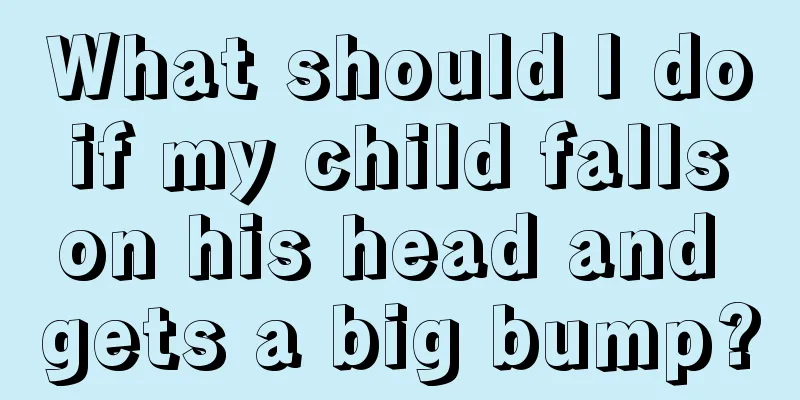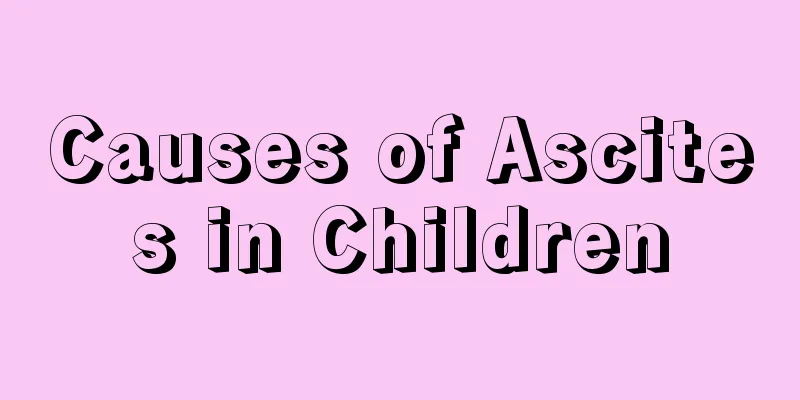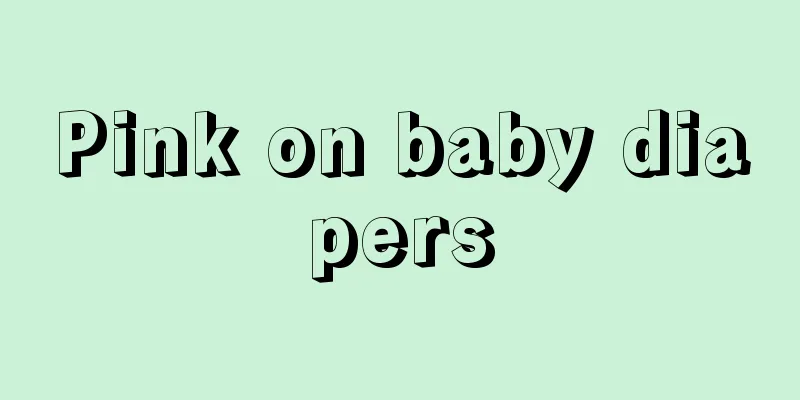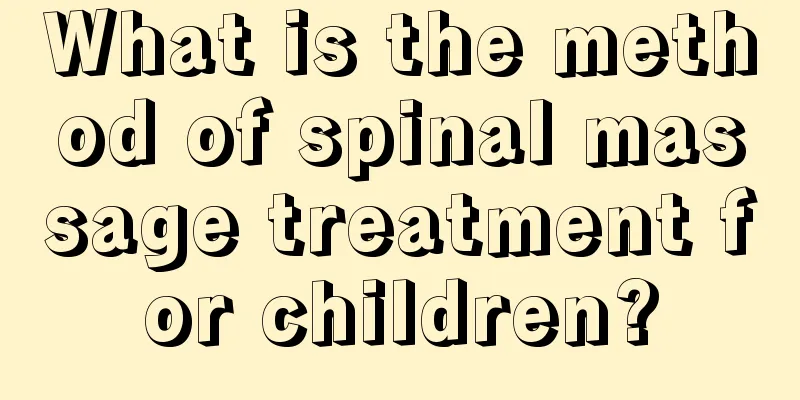Does having tonsils removed affect children?
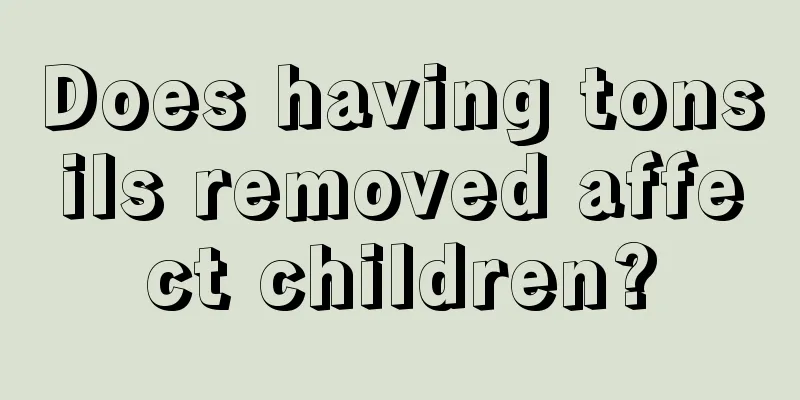
|
Tonsillectomy is a common treatment for tonsil problems. Tonsillectomy has no effect on adults, but it does have an impact on children. According to some reports, tonsils produce a lot of antibodies in children's childhood, which are effective against viral invasion. Moreover, tonsils, as the first immune organ of the respiratory tract, are also able to resist bacteria in the air. Therefore, it is recommended that children should not have their tonsils removed unless it is necessary. 1. What are the future effects of tonsillectomy in children? The indications for tonsillectomy should be strictly followed, especially in children. Because pharyngeal lymphoid tissue plays an important protective role in childhood. Arbitrary removal of these tissues will eliminate local immune responses and even reduce the immunity of the respiratory tract against infection, resulting in immune surveillance disorders. Tonsils are the first immune organ of the human respiratory tract. Their immune function is most active in childhood (especially 3-5 years old). They are located in the tonsillar crypts in the pharynx, which is what we usually call the "throat". This position is equivalent to the vanguard of two armies in a battle or the door gods in mythology. They resist and eliminate pathogenic microorganisms such as bacteria and viruses that enter through the mouth and nose. This is a very useful organ. From an immune point of view, tonsils should not be removed casually due to their immune effects on the body. Enlarged tonsils in children are a normal physiological phenomenon. If the enlargement does not affect breathing and swallowing and does not cause serious clinical manifestations, they should not be removed. Because removal may affect the local immune response and reduce the body's ability to fight infection. 2. In what cases should tonsils not be removed? From an immune point of view, tonsils should never be removed before a child's immunity is fully developed. Enlarged tonsils in children are often a physiological phenomenon, a sign of increasing immune activity, or an allergic reaction. When acute tonsillitis occurs, surgery is generally not performed. Surgery can only be performed 3-4 weeks after the inflammation subsides. Because at this time the patient usually has a fever, tonsils are congested, and the wound after surgery is prone to bleeding or secondary infection. After tonsil surgery, the blood vessels in the tonsil fossa will contract on their own and the blood will coagulate to stop the bleeding. Various reasons for decreased coagulation and vascular elasticity can cause postoperative bleeding. Therefore, if the child has diseases of the hematopoietic and coagulation systems such as hemophilia, aplastic anemia, leukemia, purpura, etc., surgery is not suitable. It should be emphasized that some children still frequently suffer from respiratory tract infections, chronic pharyngitis and other diseases after having their tonsils removed. Moreover, the operation itself may also bring a series of problems, such as postoperative bleeding, wound infection, damage to the tissue around the tonsils, tonsil residues, etc., and may cause complications such as bacteremia and lung infection, and it is also more likely to suffer from sepsis and intestinal infection in the future. 3. Nursing tips for children with tonsillitis Rest: Let the child rest in bed. The indoor temperature should not be too high so that the child does not feel cold. The indoor air should maintain a certain humidity to keep the nasopharynx of the sick child moist. While keeping warm, open doors and windows regularly for ventilation, but avoid direct cold wind. Smoking is strictly prohibited indoors to keep the indoor air fresh and reduce throat irritation. Diet: During the illness period, children can be given light, easy-to-digest, nutritious liquid or semi-liquid food. You can eat normal meals during the recovery period. Patients with the disease should drink more boiled water, or various fruit juices and sugar water to replenish water in the body. Oral cavity: Children should rinse their mouths with warm salt water before and after meals. They can also rinse their mouths with 2% baking soda water or 3% boric acid water 4-5 times a day. For babies who have not yet been weaned, you can gently wipe their mouths with cotton dipped in warm water before and after feeding, or feed them some warm boiled water before feeding to keep their mouths clean. |
<<: Why does a child have blisters on his body when he has a fever?
>>: Seven-month-old baby has tonsillitis and fever
Recommend
What are the clinical manifestations and treatment methods of fetal head cysts?
As the saying goes, a baby needs to develop in th...
Why are children's feet itchy?
Itchy soles of children's feet are usually ca...
Six factors that affect children's height
Key factor 1: Lack of core nutrition affects chil...
How to cultivate children's nap habits
Many children have the habit of taking naps, but ...
What should I do if my one-year-old baby has a blocked and runny nose?
There are many parenting books on the market now,...
What medicine should children take if their tongue is yellow and thick
In traditional Chinese medicine, the color and sh...
Why do children grind their teeth at night?
Children's nocturnal teeth grinding is a typi...
What to do if the baby does not defecate for 7 days
Babies’ gastrointestinal tract is not fully devel...
At what age can a baby stop drinking milk powder?
Breastfeeding is a very traditional feeding metho...
White acne on newborn
Because newborns have low immunity, they are easi...
What is the saying about whether babies should use pillows?
We adults must use pillows when we sleep, because...
Why is there red blood on the baby's face?
When our baby is just born, we usually look at hi...
What to do if your child accidentally takes antihypertensive medicine
Nowadays, almost every family has adults or elder...
Why is my seven-month-old baby's stool green?
Although breast milk is the most natural and nutr...
The causes of blue lips in children and dietary supplements
Children's healthy lips are generally pink an...
